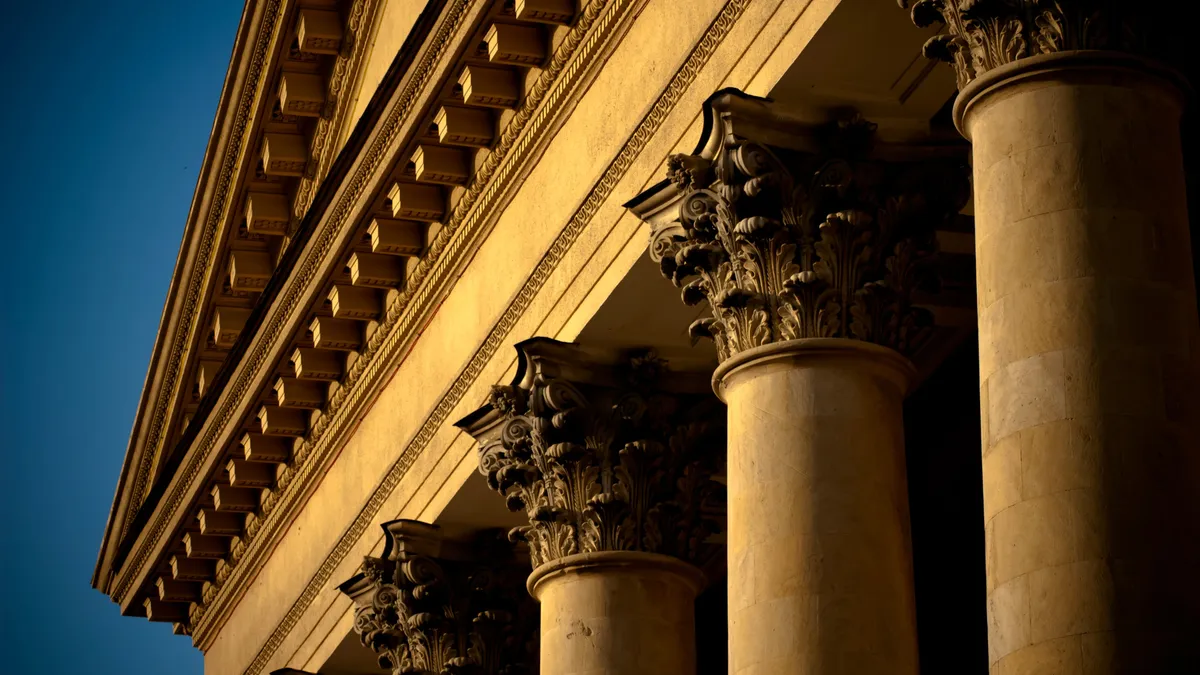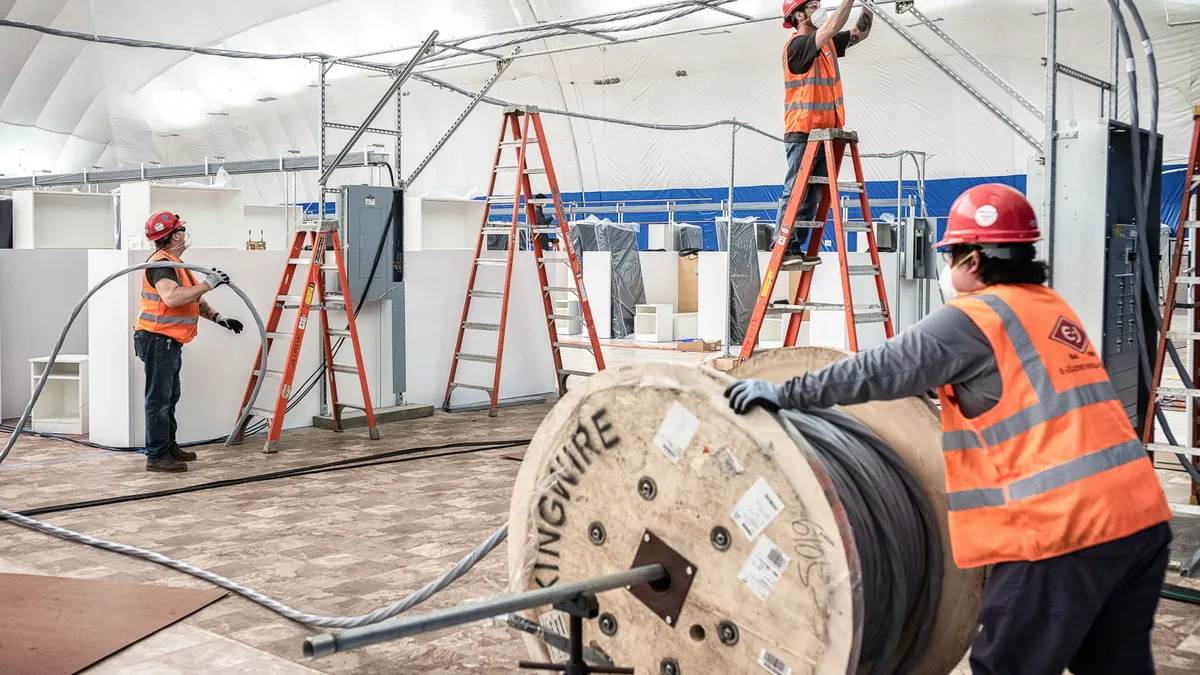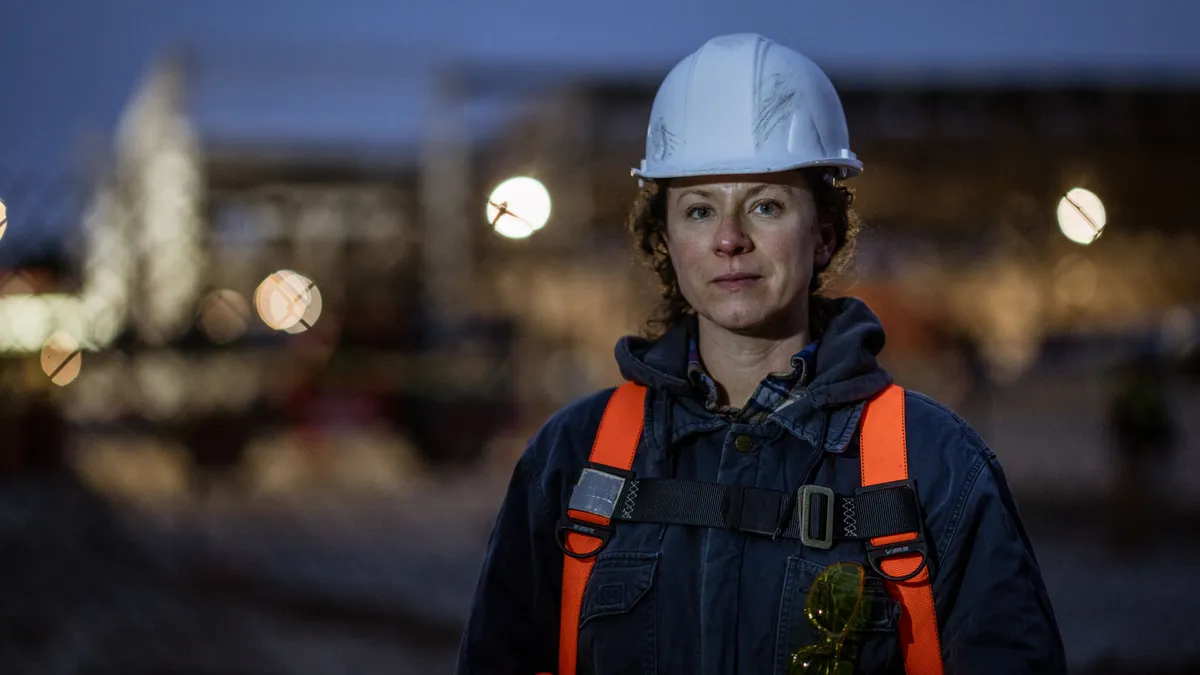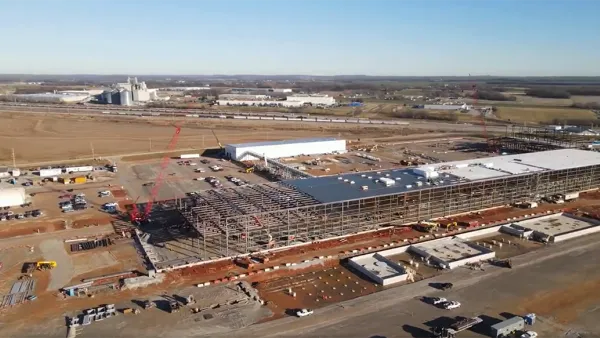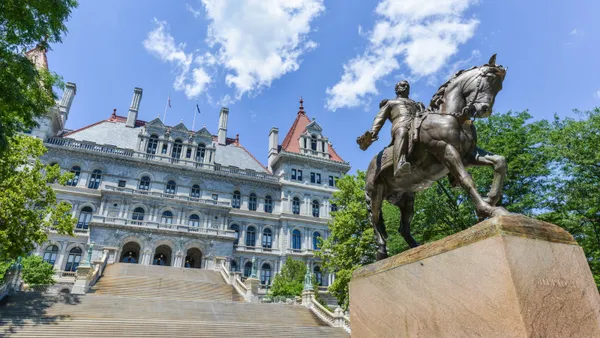Dive Brief:
- U.S. prosecutors said upstate New York bridge builder ING Civil, its CEO Corey Ingerson and two others paid $1 million to settle claims that they defrauded the federal disadvantaged business enterprise program, according to the Times Union.
- Prosecutors allege Ingerson, in collaboration with salesman John Leary from local material supplier RAMSCO, was able to secure a Mohawk River bridge project by submitting documentation stating that he would buy materials from a different, minority supplier.
- Authorities also allege that when project officials asked for documentation to prove that Ingerson had purchased more than $300,000 for materials from the minority business, American Indian Builders & Suppliers (AIB), Ingerson and Leary fabricated the documents, the Times Union reported.
Dive Insight:
As part of the settlement, Ingerson admitted to making a false filing and both Leary and RAMSCO President James Beaudoin admitted to assisting him. The three also acknowledged they violated the False Claims Act.
HD Supply Waterworks purchased RAMSCO in 2011, and HD itself paid nearly $5 million to settle similar allegations that it let contractors falsely represent that AIB had performed "commercially useful functions" on federal contracts. According to various news reports about the HD case, AIB is no longer in business.
Publicly funded projects can be lucrative, but often they come with minority participation requirements. Whether it’s a lack of qualified contractors to do the work or just plain greed, some companies try to get around those requirements.
Just a few days ago, Colorado contractor MCC Construction Company pleaded guilty in federal district court and agreed to pay $1.8 million for conspiring to commit major fraud related to minority contracts. Officials said MCC used two minority companies to secure 27 government contracts worth more than $70 million.
And in November, the CEO of a North Carolina paving company was sentenced to 30 months in federal prison for fraud and money laundering related to a scheme that enabled him to obtain $90 million in highway contracts. Prosecutors allege he performed more than 36 state and federal highway contracts over a decade by using a small minority contractor to bid and serve as the "frontman" on projects.


